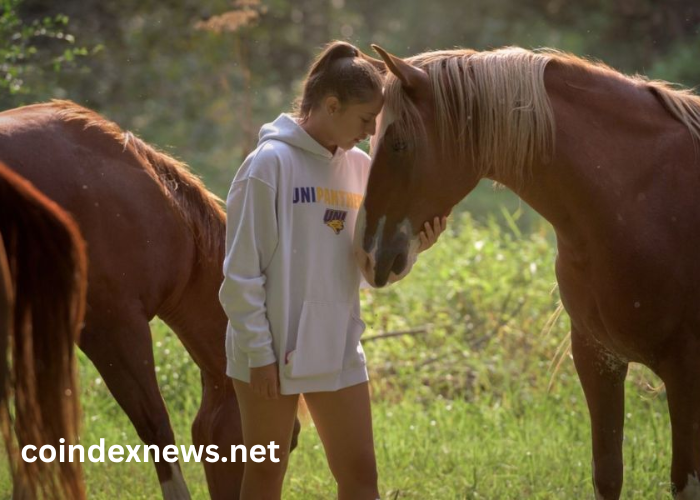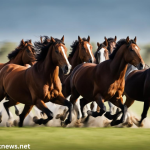
The relationship between humans and horses is one of the oldest and most enduring connections in the animal kingdom. Spanning thousands of years, this bond has evolved from a practical alliance to a profound companionship, shaping human history and culture in countless ways. Discover the thrill of horse racing in France with FranceChevalTurf. Get expert tips, race analysis, and place your bets for an unforgettable experience. Join us today!
Historical Roots
The domestication of horses, which began around 4,000 BC on the steppes of Central Asia, marked a pivotal moment in human history. Initially, horses were primarily valued for their ability to provide transportation, revolutionizing travel and communication. This newfound mobility enabled the expansion of trade routes, the establishment of empires, and the spread of cultures and ideas. The horse’s role in agriculture was also transformative, allowing for more efficient farming practices and contributing to population growth.
The Horse as a Partner in War
Throughout history, horses have been indispensable in warfare. From the chariot-riding warriors of ancient Egypt to the mounted knights of medieval Europe, horses changed the dynamics of battle. Their speed, strength, and endurance provided armies with strategic advantages. Notable examples include the cavalry units of Genghis Khan, whose Mongol warriors could traverse vast distances rapidly, and the Spanish Conquistadors, whose mounted soldiers played a crucial role in their conquests.
Cultural Significance
Horses have also held a significant place in various cultures and mythologies. In Greek mythology, the winged horse Pegasus symbolizes inspiration and the creative force. Native American cultures revered the horse as a symbol of power and freedom. The Arabian horse, with its unmatched endurance and beauty, became a cultural icon in the Middle East, celebrated in poetry and art.
The Evolution of Equestrian Sports
As societies evolved, so did the roles of horses. Equestrian sports emerged, showcasing the skills and harmony between horse and rider. Dressage, show jumping, and eventing became popular, with horses displaying grace and athleticism. The bond between humans and horses in these sports is evident in the meticulous training and deep mutual trust required for success.
Horses in Therapy and Healing
In recent years, the therapeutic benefits of human-horse interactions have gained recognition. Equine-assisted therapy has been shown to help individuals with physical, emotional, and psychological challenges. The horse’s intuitive nature and non-judgmental presence create a unique therapeutic environment, promoting healing and personal growth. Programs for veterans, children with disabilities, and individuals with mental health issues have demonstrated the profound impact of these interactions.
Modern-Day Companionship
Today, horses continue to be beloved companions for many. Whether through recreational riding, competitive sports, or simply as pets, the bond between humans and horses remains strong. Advances in veterinary medicine and equine care have improved the quality of life for horses, further deepening the connection between species.
Conclusion
The bond between humans and horses is a testament to the enduring nature of mutual respect and companionship. From their vital roles in ancient civilizations to their contributions to modern therapy, horses have profoundly impacted human life. This timeless connection continues to inspire awe and admiration, highlighting the extraordinary relationship that transcends time and culture. As we look to the future, the bond between humans and horses will undoubtedly continue to evolve, enriching both species in ways we have yet to fully understand.










